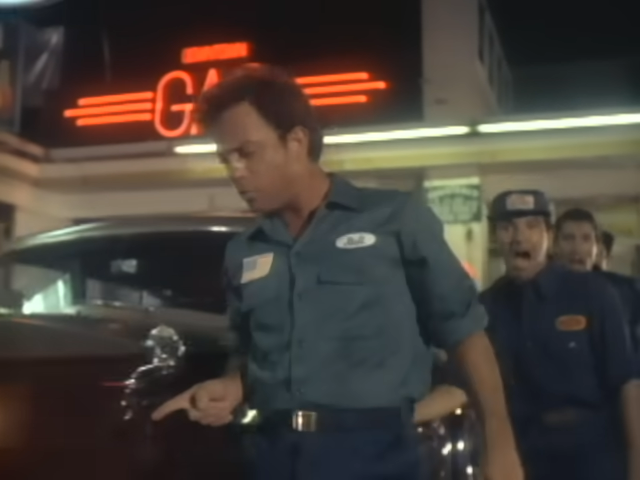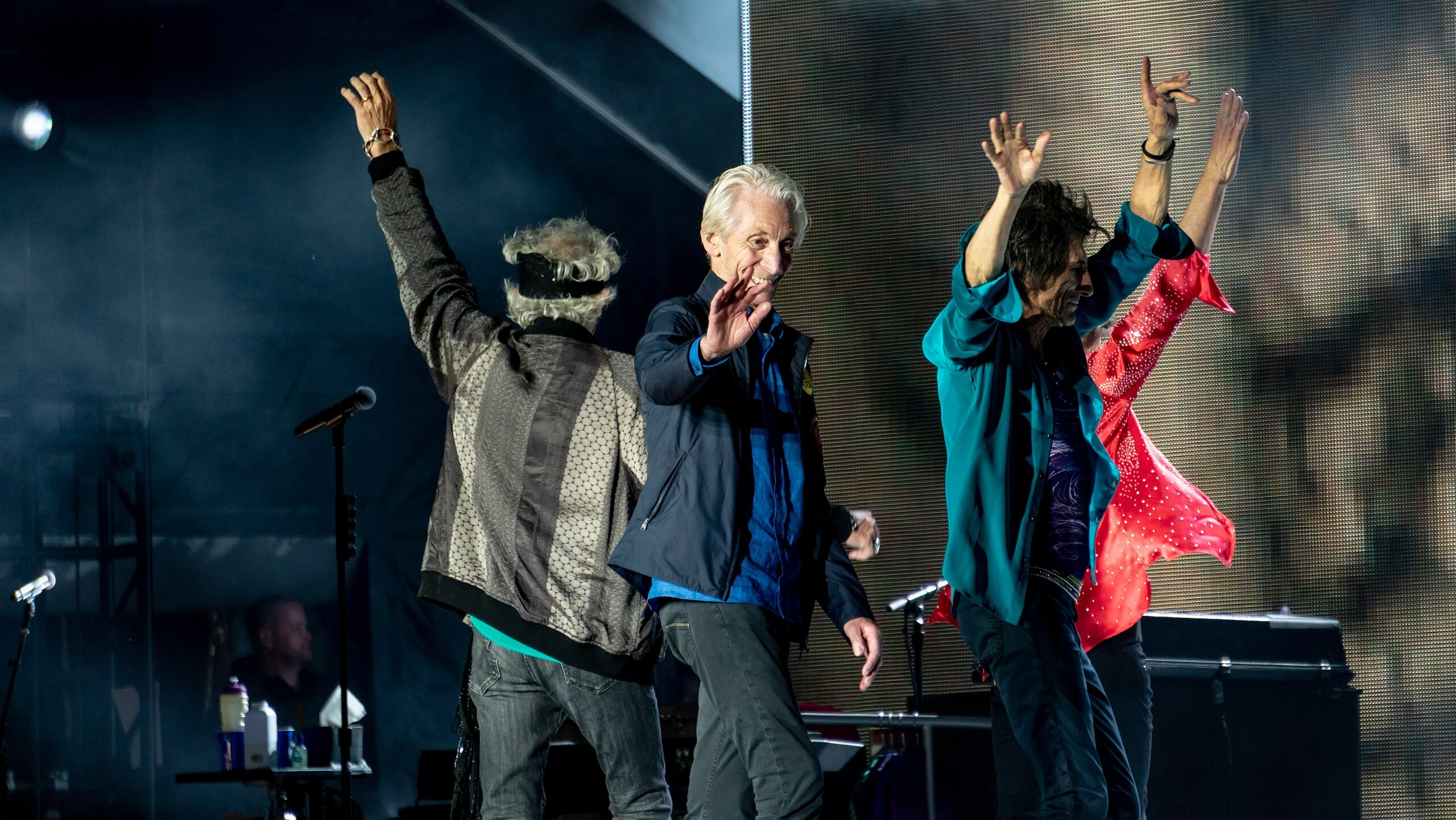Celebrity romance mythology has a funny way of rewriting history. You probably think Christie Brinkley inspired “Uptown Girl”—that’s the story the music video sold us, complete with the supermodel strutting into a working-class garage. But like most pop culture fairy tales, the truth is messier and more interesting.
Billy Joel started writing his biggest international hit in 1983 while living it up in St. Barts, surrounded by several famous women, including:
- Whitney Houston
- Christie Brinkley
- His then-girlfriend, Elle Macpherson
The original title? “Uptown Girls”—plural.
Joel was literally writing about multiple glamorous women orbiting his world, like some bizarro version of The Bachelor set to a Frankie Valli beat.
When Real Life Rewrote the Song
How a breakup transformed a plural observation into pop music’s most famous singular serenade.
Macpherson left Joel before he finished the track. Enter Brinkley, and suddenly the song’s focus shifted from plural to singular, from general observation to specific obsession. “I wasn’t even dating Christie when I started writing the song,” Joel later clarified in a Howard Stern interview. “I was dating Elle.”
The lyrics evolved alongside his love life, transforming from a commentary on his surreal circumstances into a targeted serenade. That evolution matters because it shows how personal art becomes public mythology.
Brinkley’s appearance in the music video—arriving at that garage like Venus descending from Vogue—cemented her as the definitive “Uptown Girl” in cultural memory. Their real-life fairy tale romance, complete with a 1985 wedding, turned the song into a soundtrack for an entire generation’s relationship fantasies.
The Musical Masterstroke Behind the Romance
Joel’s deliberate channeling of doo-wop nostalgia created contemporary pop perfection.
Strip away the celebrity drama and you’ll find Joel’s real achievement: channeling the Four Seasons’ doo-wop magic into contemporary pop perfection. Those bouncing harmonies and that irresistible hook weren’t accidents—they were Joel deliberately tapping into the same working-class romanticism that made Frankie Valli a star.
The song hit number three in the U.S. and became Joel’s only UK number one because it married a nostalgic sound with a timeless narrative.
But fairy tales don’t last. Joel and Brinkley’s 1994 divorce transformed “Uptown Girl” from a celebration into a bittersweet reminder. Now the song carries the weight of what was lost, making it both more human and more poignant than its original incarnation as starry-eyed fantasy.
That’s the real power of great pop music: it survives the circumstances that created it, carrying new meanings through time while the beat keeps you dancing.


























